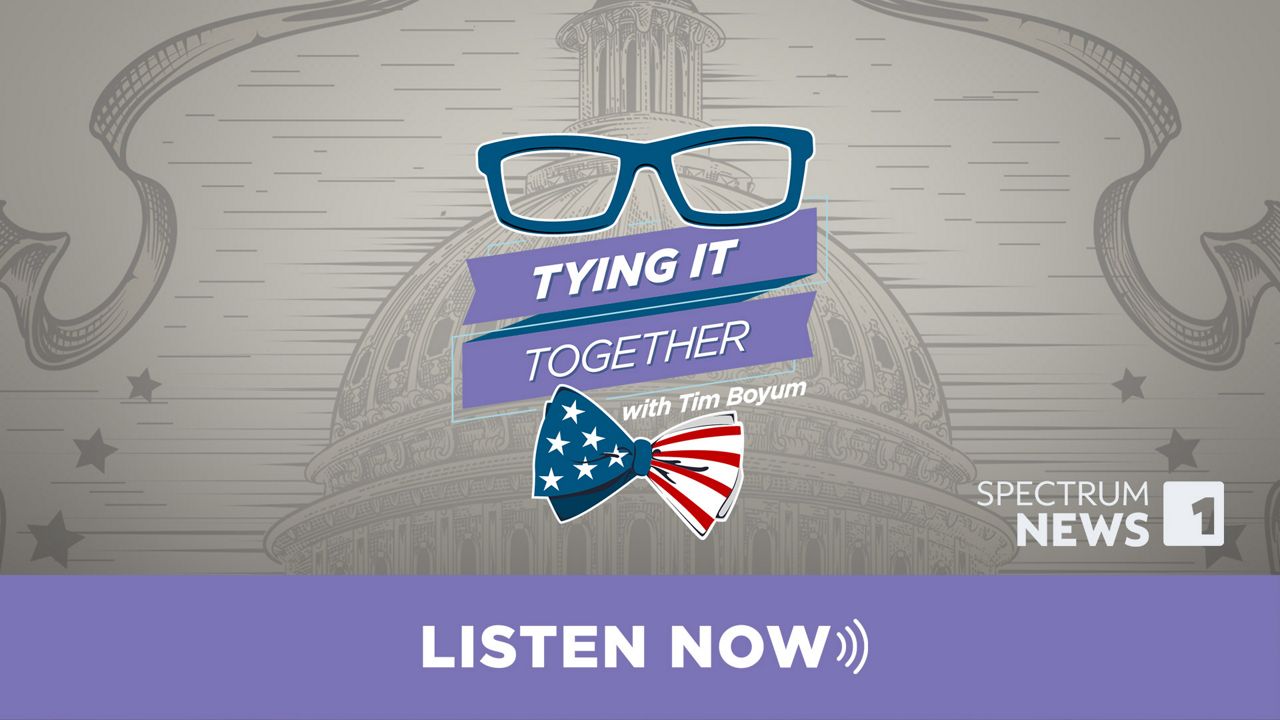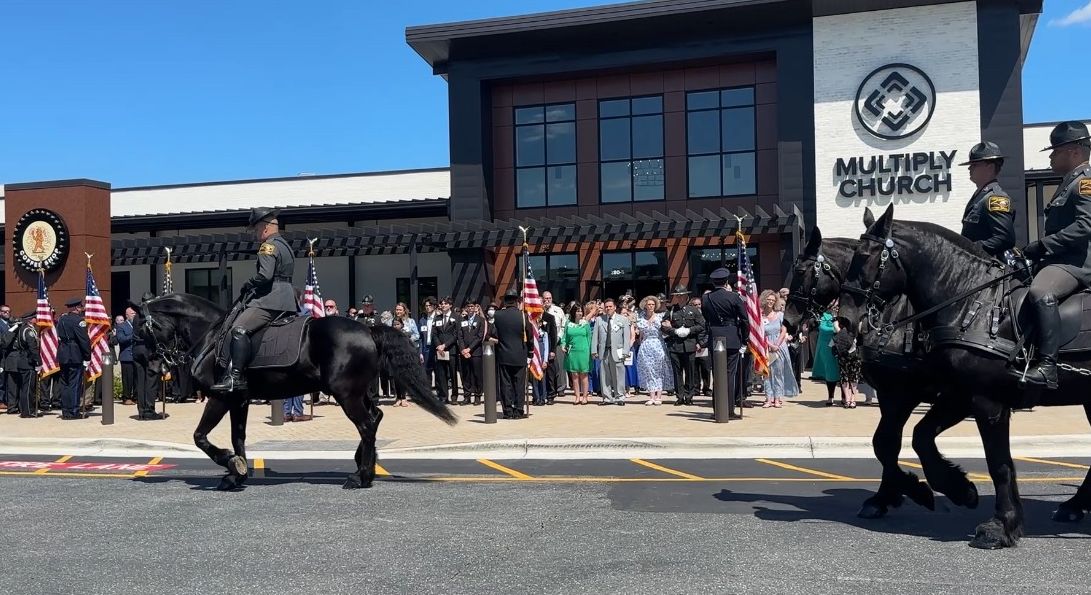CHARLOTTE, N.C. — A monthlong sobriety challenge known as Dry January turns 10 years old in 2023.
Dry January, a monthlong sobriety challenge, turns 10 years old
A United Kingdom charity started the initiative, which research shows provides health benefits
Christine Wayne, who has been sober since 2019, supports Dry January
A United Kingdom charity, Alcohol Change UK, started the public health initiative in 2013 with 4,000 people.
Sober influencer Christine Wayne is supportive of Dry January.
“To remove alcohol gives you a fresh perspective,” Wayne said.
She has been sober since May 2019, starting her journey by voluntarily checking into a 30-day rehab facility.
“I was at a crossroads where I didn’t want to die, but I didn’t want to live, and I realized the one thing in my life that was truly holding me back that I could pinpoint was alcohol,” Wayne said. “I was at a crossroads where I didn’t want to die, but I didn’t want to live, and I realized the one thing in my life that was truly holding me back that I could pinpoint was alcohol,” Wayne said.
Before making this decision, the heart attack survivor said she had a drinking problem.
“I was drinking daily. It was a good day or a bad day,” Wayne said.
A study from BMJ Open reveals regular drinkers who didn’t drink alcohol for 30 days slept better, had more energy and lost weight.
A similar trend Wayne has noticed in her alcohol-free journey.
“I have more energy. I’m more of a morning person. Who knew? Take away the hangover and you can do more with your day,” Wayne said.
Wayne is a mom and stays busy.
In 2020, she created a Facebook group called On the Mocks to share alcohol-free ideas, recipes and resources. This evolved into a business that helps nonalcoholic brands launch products.
If you are participating in Dry January, Wayne recommends keeping alcohol out of your house and finding alternatives.
She said you can find alcohol-free versions of beer, spirits and wine. She discovered there are different nonalcoholic cocktails or mocktail possibilities during her journey.
“I had no idea this world existed," Wayne said.
Wayne said having an accountability partner and community can also help.
She also encourages anyone who wants to stay sober for more than 30 days to go for it.
“You can have a very good life, being alcohol-free. You should not be ashamed or afraid to give it up, especially if it's a problem in your life.” Wayne said.
The BMJ Open study also shows people who abstained for alcohol for 30 days drank less than before six to eight months down the line.
There are resources to help cut back, including an app and a website created by the National Institute on Alcohol Abuse and Alcoholism.










